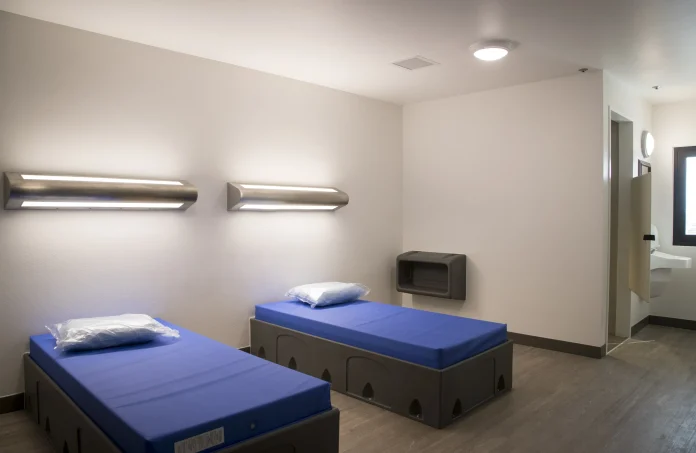Mental health is a vital aspect of our well-being, and sometimes we may need professional help to cope with our challenges. There are different types of mental health facilities that offer various services and levels of care, depending on the needs and preferences of the individual. In this blog post, we will explore some of the common types of mental health facilities and what they can offer.
- Inpatient facilities: These are facilities that provide 24-hour care and supervision for people who have severe or acute mental health issues that require intensive treatment and monitoring. Inpatient facilities may include psychiatric hospitals, residential treatment centers, or specialized units within general hospitals. Inpatient facilities usually have a multidisciplinary team of mental health professionals, such as psychiatrists, psychologists, nurses, social workers, and therapists, who work together to provide individualized care and support. Inpatient facilities may also offer medication management, group therapy, family education, and discharge planning.
- Outpatient facilities: These are facilities that provide mental health services on a regular or as-needed basis, without requiring overnight stay. Outpatient facilities may include community mental health centers, private clinics, or offices of individual practitioners. Outpatient facilities may offer a range of services, such as psychotherapy, counseling, medication management, case management, and crisis intervention. Outpatient facilities are suitable for people who have mild to moderate mental health issues that can be managed with less intensive care and more autonomy.
Mental health facilities: holistic approach
Mental health facilities can provide a supportive and structured environment where individuals can receive comprehensive care for their mental health needs. Here are some considerations when exploring mental health facilities for holistic healing:
- Research and Gather Information: it is important to take the time to research and gather information about different mental health facilities in ones own area. Look for facilities that specialize in holistic approaches to mental health treatment.
- Types of Treatment Offered: Evaluate the types of treatment offered at each facility. Looking for programs that focus on a range of therapeutic modalities, such as individual therapy, group therapy, family therapy, art therapy, mindfulness practices, and holistic interventions like yoga or meditation.
- Qualified Professionals: Ensure that the facility has qualified professionals, including psychiatrists, psychologists, therapists, and counselors who specialize in holistic approaches to mental health. Check their credentials and experience.
- Treatment Approach: Consider the approach used by the facility. Holistic healing typically involves addressing the individual’s physical, emotional, social, and spiritual needs. Look for facilities that take a multidimensional approach to treatment.
- Facilities and Amenities: Explore the facility’s environment and amenities. A calming and nurturing environment can contribute to the overall healing experience. Consider factors such as the quality of accommodations, outdoor spaces, and recreational activities available.
- Client Reviews and Testimonials: Read client reviews and testimonials to get an idea of others’ experiences with the facility. Pay attention to feedback on the effectiveness of the holistic approaches and the overall quality of care provided.
- Insurance and Cost: Verify whether the facility accepts your insurance or offers financial assistance options. Consider the cost and affordability of the treatment program.
- Personalized Treatment Plan: Ensure that the facility offers personalized treatment plans that are tailored to individual needs and goals.
- Aftercare Support: Inquire about the facility’s aftercare support. It’s important to continue receiving support and guidance after leaving the facility to maintain progress and prevent relapse.
Remember to consult with mental health professionals or primary care physicians for recommendations and assistance in finding the right mental health facility for your specific needs. Taking the time to find a mental health facility that aligns with your holistic healing goals can greatly contribute to your overall well-being and recovery journey.
Choosing the right type of mental health facility can be a difficult decision that requires careful consideration of various factors, such as the severity and duration of the mental health issue, the availability and accessibility of the facility, the cost and insurance coverage of the service, the quality and reputation of the provider, and the personal preference and comfort of the individual. It is important to consult with a qualified mental health professional who can help evaluate the situation and recommend the most appropriate option. Mental health illness is not untreatable but requires the pepper guidance from the professional and the right treatment procedure that mental health facilities aim to provide their patients with.
